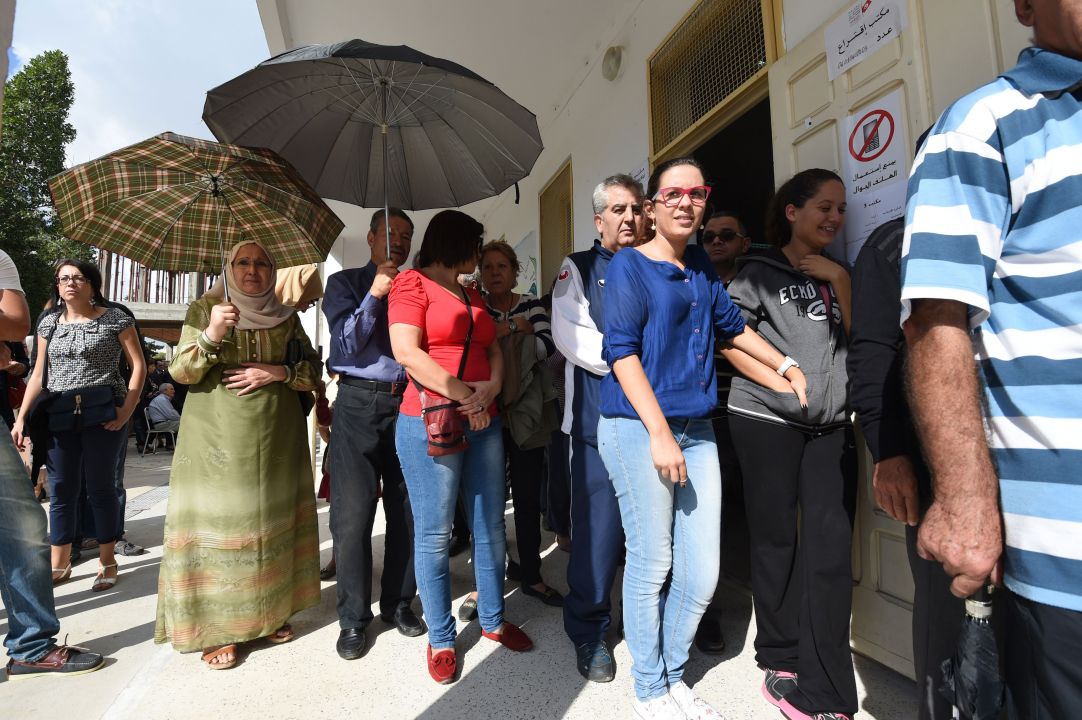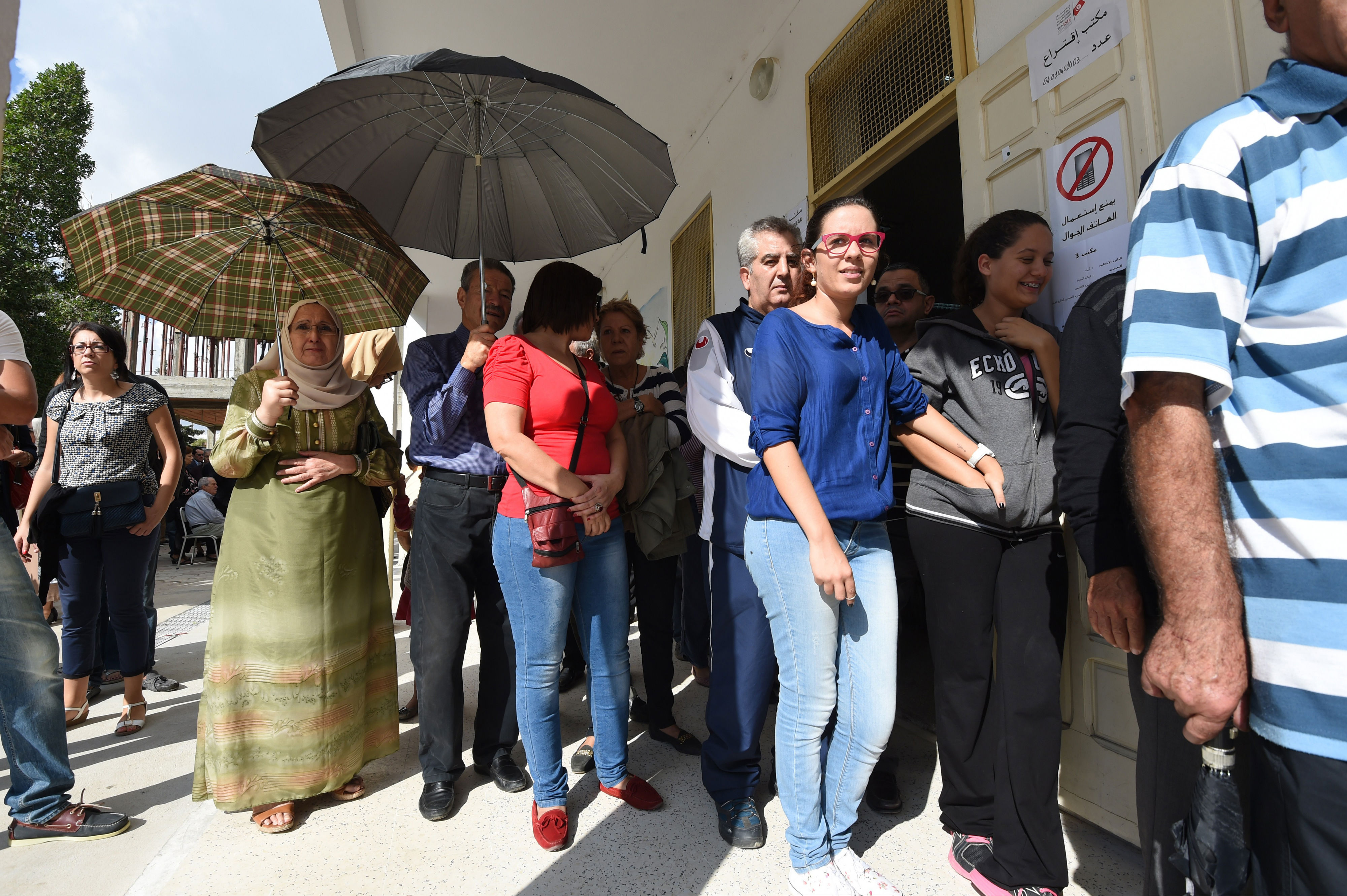Tunis
A bloody two-day siege at a house in the outskirts of the capital last week didn’t augur well for Tunisia’s landmark elections.
Six suspected jihadists, including five women, and a policeman were killed in the standoff in Tunis. A small child was also critically injured in the crossfire, which came amid repeated warnings by the authorities of Islamist attacks aimed at disrupting last Sunday’s vote.
But sanity prevailed at the polls. With a turnout of more than 60 per cent, Tunisians queued to take part in their first elections under a new constitution, sending out a strong message of hope. And so began a new chapter in the remarkable story of a small country that has kept the aspirations of the Arab uprisings alive.
Such hope is in desperately short supply in a region riven by political crises, Muslim militancy and wrenching brutality, from the anarchy in Libya and the beheading of a French tourist in Algeria, to Islamic State’s atrocities and self-proclaimed caliphate in large, war-ravaged swaths of Syria and Iraq.

Get Britain's best politics newsletters
Register to get The Spectator's insight and opinion straight to your inbox. You can then read two free articles each week.
Already a subscriber? Log in







Comments
Join the debate for just £1 a month
Be part of the conversation with other Spectator readers by getting your first three months for £3.
UNLOCK ACCESS Just £1 a monthAlready a subscriber? Log in